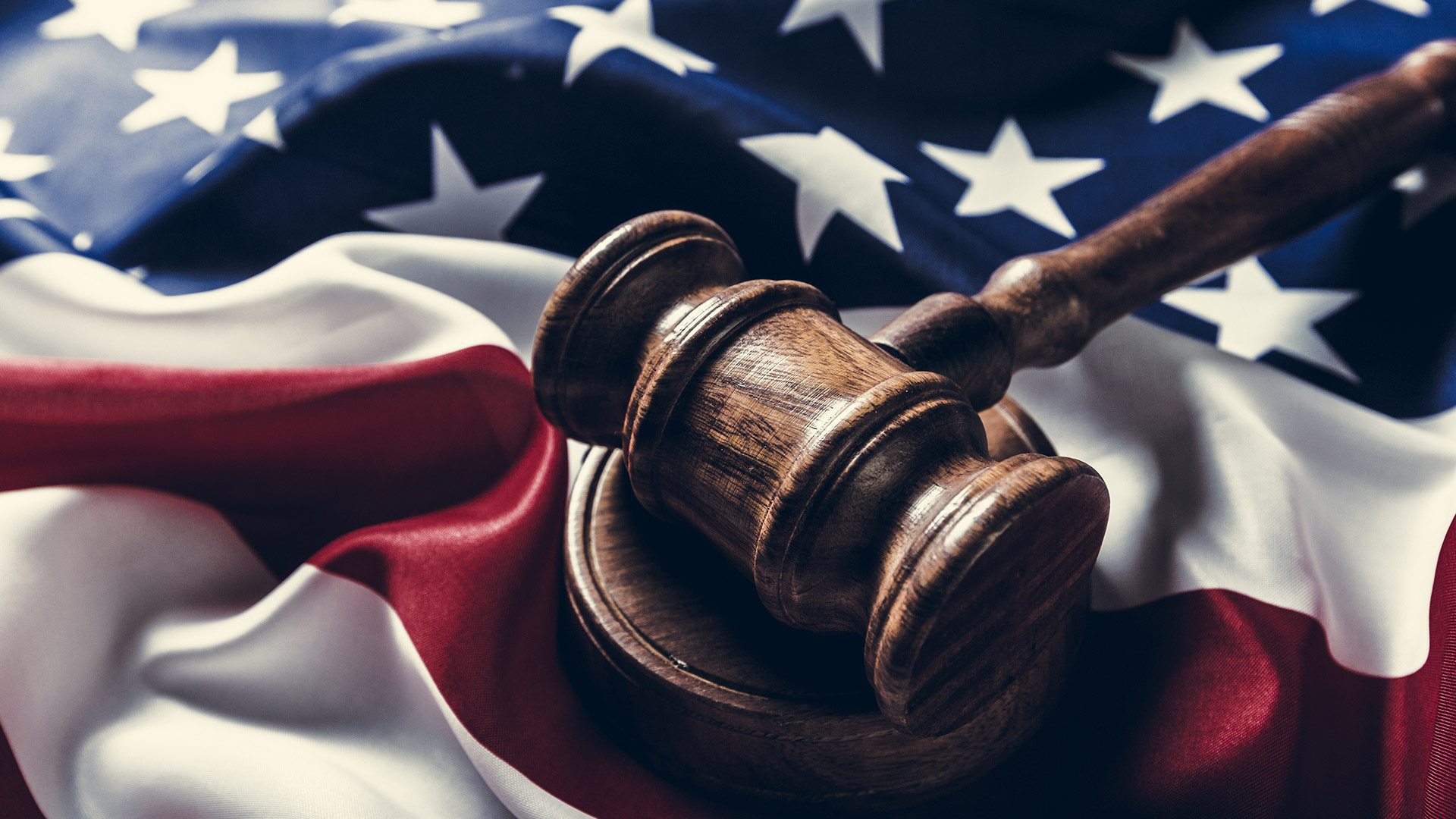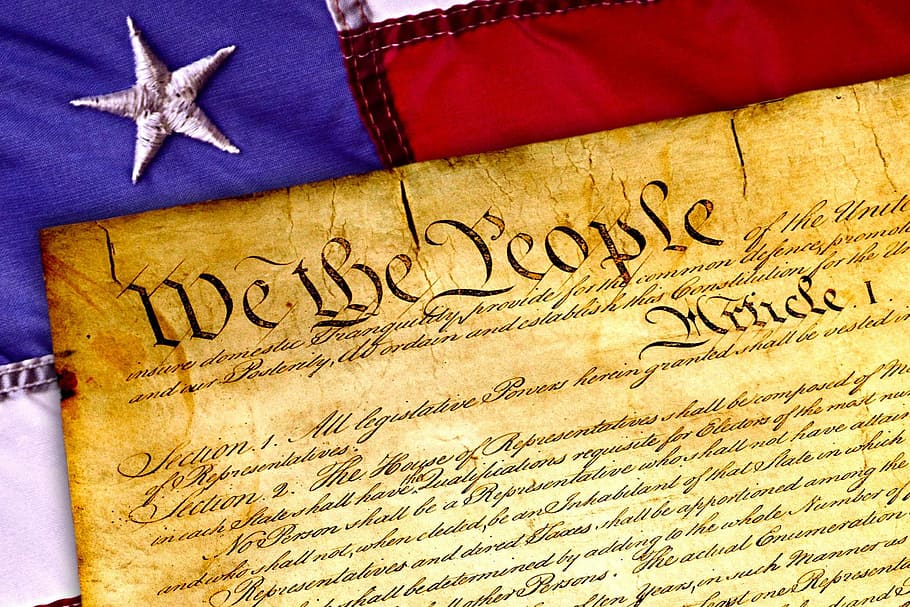The United States Constitution, with its Bill of Rights, serves as the bedrock of American democracy, safeguarding fundamental rights and liberties for all citizens. Among the most significant components of the Constitution are the amendments, which outline specific protections and freedoms guaranteed to individuals by law. In this comprehensive guide, we delve into the details of the first four amendments – from freedom of speech to protections against unreasonable searches and seizures.
The First Amendment: Freedom of Speech, Religion, Press, Assembly, and Petition
The First Amendment stands as a cornerstone of American democracy, protecting several fundamental freedoms:
- Freedom of Speech: The First Amendment guarantees the right to freedom of speech, allowing individuals to express themselves freely without government censorship or restraint, regardless of the popularity or controversial nature of their views.
- Freedom of Religion: The First Amendment prohibits the establishment of a state religion and ensures the free exercise of religion, allowing individuals to practice their faith freely and without government interference.
- Freedom of the Press: The First Amendment protects the freedom of the press, ensuring that journalists and media organizations can report news and information without government censorship or control, serving as a crucial check on governmental power.
- Freedom of Assembly: The First Amendment guarantees the right to freedom of assembly, allowing individuals to peacefully gather and protest for political, social, or other purposes without government interference or suppression.
- Right to Petition: The First Amendment guarantees the right to petition the government for redress of grievances, allowing individuals to address grievances and seek recourse through formal channels of government.

The Second Amendment: Right to Bear Arms
The Second Amendment protects the right of individuals to keep and bear arms, affirming the importance of an armed citizenry as a safeguard against tyranny and oppression. While the Second Amendment has been the subject of intense debate and interpretation, it generally guarantees the right of law-abiding citizens to own firearms for self-defense, hunting, and other lawful purposes.
The Third Amendment: Prohibition Against Quartering of Soldiers
The Third Amendment prohibits the government from quartering soldiers in private homes without the consent of the homeowner, safeguarding the privacy and security of individuals in their own residences. Although rarely invoked in modern times, the Third Amendment reflects the Founders’ concerns about the infringement of individual liberties by a standing army.
The Fourth Amendment: Protection Against Unreasonable Searches and Seizures
The Fourth Amendment provides crucial protections against government intrusion into the privacy and property of individuals. Key provisions of the Fourth Amendment include:
- Warrant Requirement: The Fourth Amendment requires that searches and seizures be conducted pursuant to a valid warrant issued by a neutral magistrate upon a showing of probable cause, except in certain exigent circumstances.
- Probable Cause: The Fourth Amendment requires that warrants be supported by probable cause, which is a reasonable belief that evidence of a crime will be found in the place to be searched or that a person to be arrested has committed a crime.
- Particularity: The Fourth Amendment requires that warrants describe with particularity the place to be searched and the persons or things to be seized, ensuring that searches and seizures are narrowly tailored to the scope of the warrant.
- Exclusionary Rule: The Fourth Amendment’s exclusionary rule prohibits the use of evidence obtained through unconstitutional searches and seizures in criminal proceedings, deterring law enforcement misconduct and protecting individual rights.
- Exceptions to the Warrant Requirement: The Fourth Amendment recognizes certain exceptions to the warrant requirement, such as searches incident to arrest, exigent circumstances, consent searches, and searches conducted pursuant to valid administrative regulations.
Frequently Asked Questions (FAQs):
1. What does the First Amendment protect?
The First Amendment protects several fundamental freedoms, including freedom of speech, religion, press, assembly, and petition, ensuring that individuals can express themselves freely and participate in democratic processes without government interference.
2. Does the First Amendment protect hate speech?
Yes, the First Amendment protects hate speech as a form of expression, as long as it does not incite imminent lawless action or pose a direct threat to public safety. However, hate speech is subject to social condemnation and may be restricted in certain contexts, such as workplace harassment or targeted threats.
3. Can the government restrict religious practices?
The government can impose reasonable restrictions on religious practices if they are necessary to protect public health, safety, or other compelling government interests. However, such restrictions must be narrowly tailored and apply equally to all individuals and groups.
4. What types of firearms are protected by the Second Amendment?
The Second Amendment protects the right of individuals to keep and bear arms, including handguns, rifles, shotguns, and other firearms commonly used for self-defense, hunting, and lawful purposes.
5. What is the significance of the Third Amendment today?
Although rarely invoked, the Third Amendment remains significant as a safeguard against government intrusion into the privacy and security of individuals’ homes, reaffirming the principle that individuals have the right to be free from forced quartering of soldiers in their residences.
6. How does the Fourth Amendment protect privacy rights?
The Fourth Amendment protects privacy rights by requiring that searches and seizures be conducted pursuant to warrants based on probable cause and supported by particularized descriptions of the place to be searched and the items to be seized, ensuring that government intrusion is justified and limited in scope.
7. What is the exclusionary rule?
The exclusionary rule is a legal doctrine that prohibits the use of evidence obtained through unconstitutional searches and seizures in criminal proceedings, serving as a deterrent to law enforcement misconduct and protecting the integrity of the criminal justice system.
8. Can police conduct searches without a warrant?
In certain circumstances, police can conduct searches without a warrant based on exceptions recognized under the Fourth Amendment, such as searches incident to arrest, exigent circumstances, consent searches, and searches conducted pursuant to valid administrative regulations.
9. What is the role of probable cause in obtaining a warrant?
Probable cause is a legal standard that requires a reasonable belief, based on specific facts and circumstances, that evidence of a crime will be found in the place to be searched or that a person to be arrested has committed a crime. Probable cause is necessary to obtain a warrant from a neutral magistrate under the Fourth Amendment.
10. How does the Fourth Amendment apply to digital privacy?
The Fourth Amendment applies to digital privacy by protecting individuals from unreasonable searches and seizures of their electronic devices, communications, and data. Courts have recognized that individuals have a reasonable expectation of privacy in their digital information and may require warrants for government access to such information.


